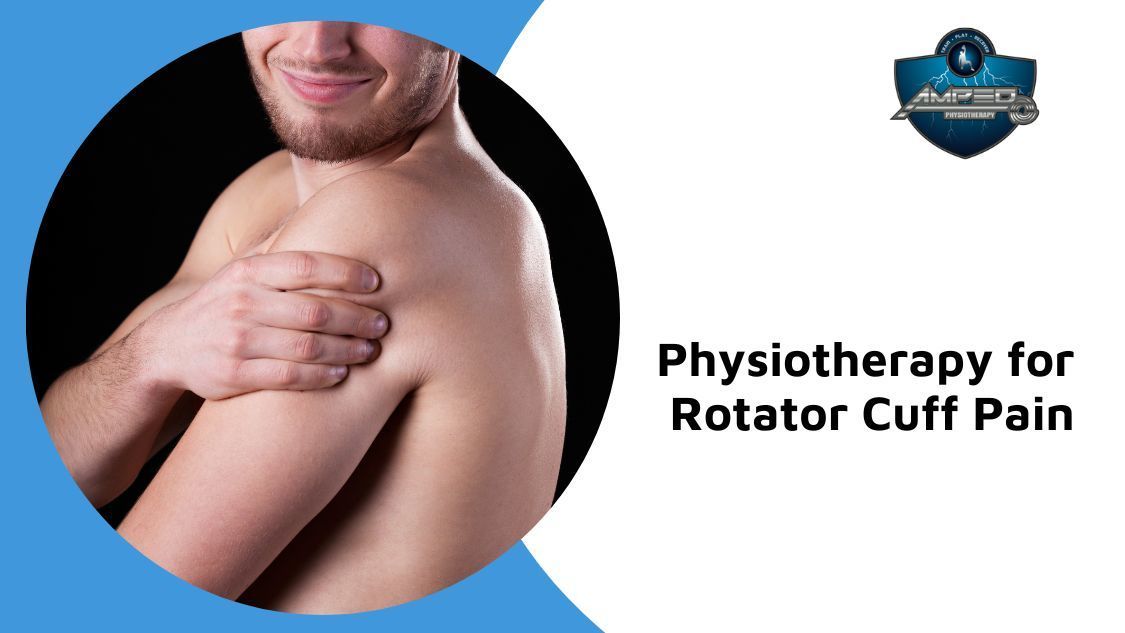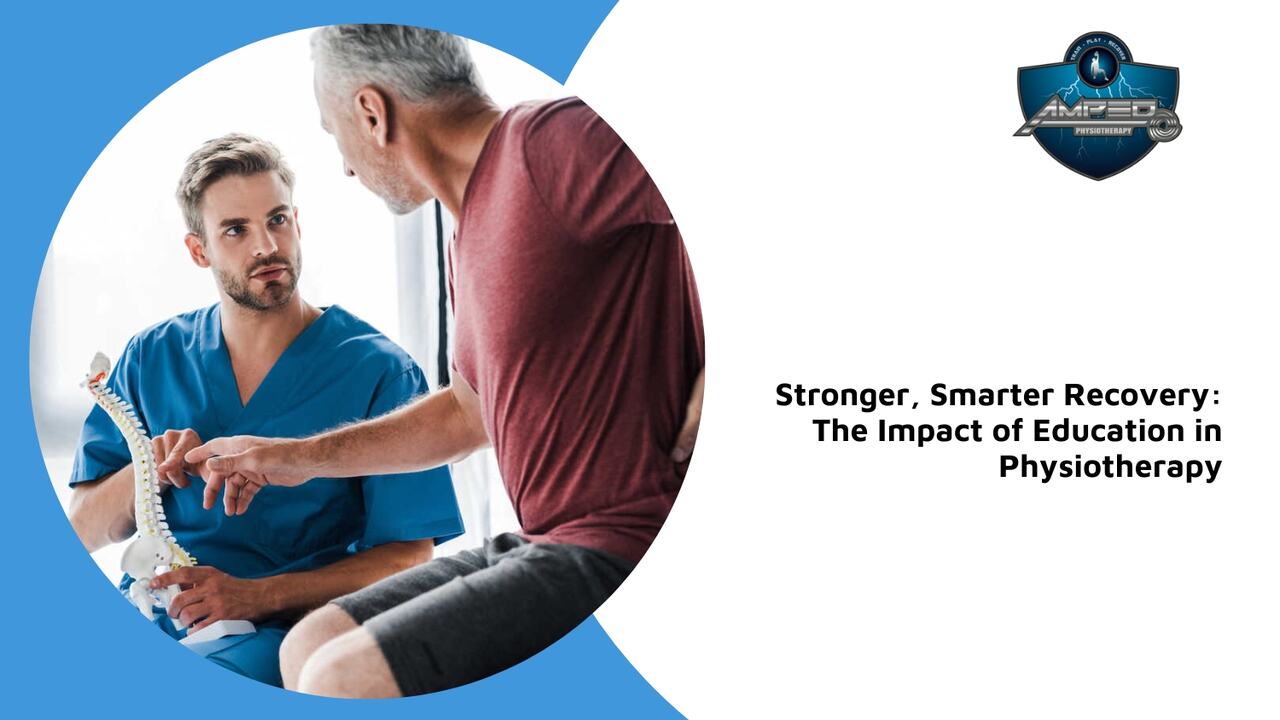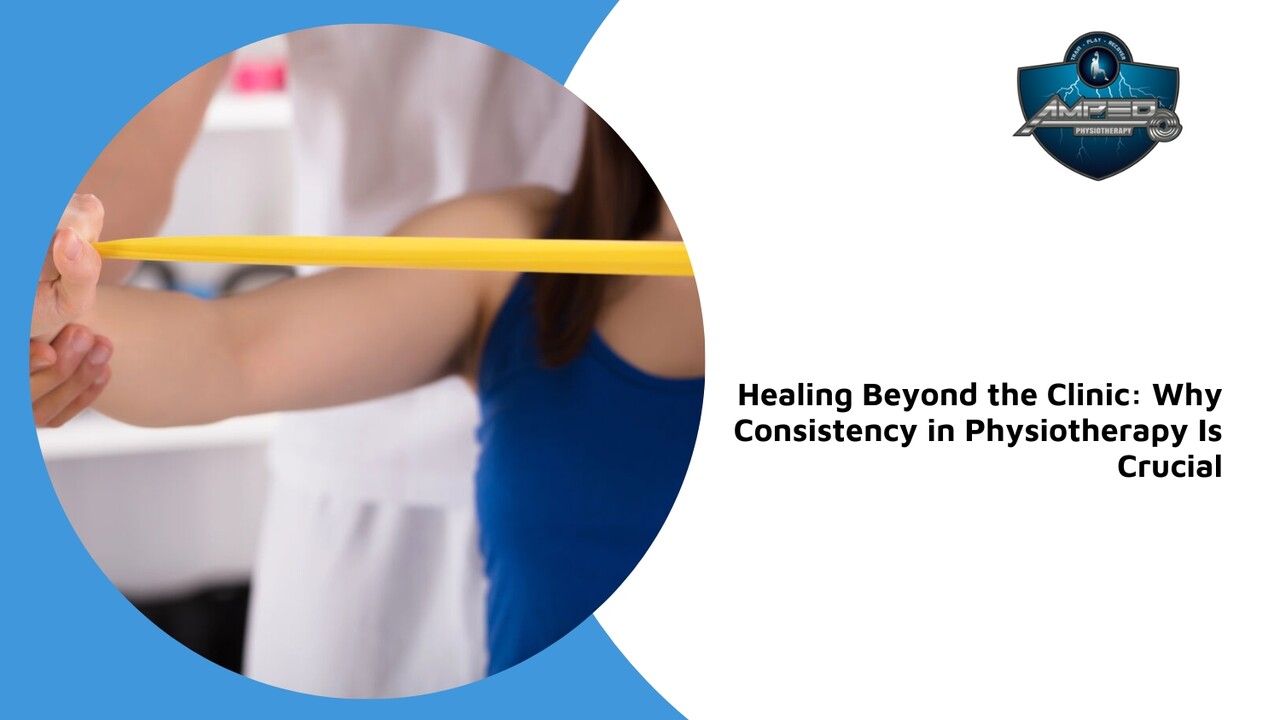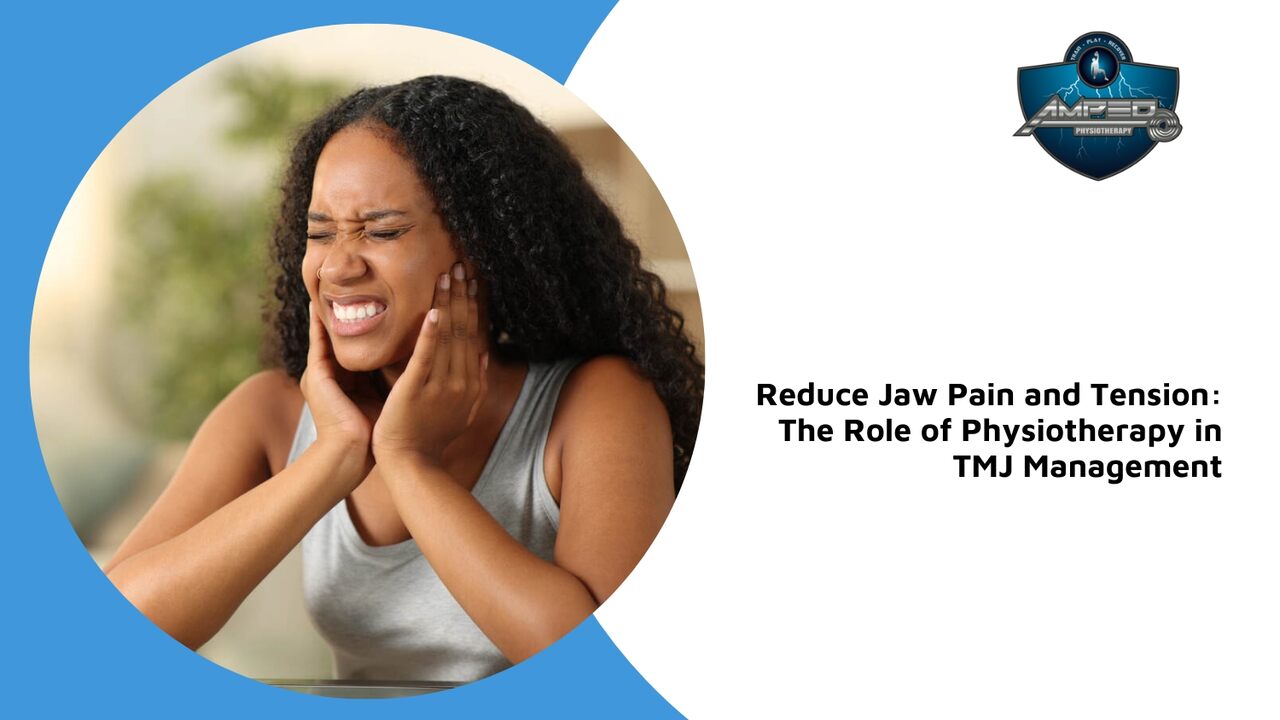
When it concerns unpleasant injuries, the rotator cuff tear is right up there on the top end of the pain scale. It’s typical for both athletes and sedentary people of any age to hurt their rotator cuff, and this type of injury can be rather difficult to recover from. Once the rotator cuff tendon is torn, sufferers typically endure pain in the shoulder muscles as well as a loss of range of motion. Overhead activities such as lifting heavy objects aggravate the problem, often impinging on a wide range of physical activities and active lifestyle.
Fortunately, there are many different physiotherapy treatment alternatives offered that can help heal rotator cuff tendon damage and may help prevent future shoulder conditions.
Here are five excellent reasons why you should think about getting your recovery started with a local area physiotherapist:
You May Need a Restorative Exercise Program
Depending upon the exact nature of your rotator cuff injury, you may need to follow a particular corrective workout program. Your physiotherapist can assist you to recognize your particular rotator cuff issue and develop a custom treatment plan to resolve it. It deserves keeping in mind that a restorative workout program is distinct from an exercise program designed to assist you get back into your routine activities as soon as possible.
The latter type of program can be useful for discomfort management and improving your range of movement, however it will not particularly target your rotator cuff injury. If you want to make certain your rotator cuff injury is dealt with effectively, your physiotherapist will likely create restorative therapeutic exercises that are individualized for you. These may include joint movement, overhead movement and passive movements to restore your active range of motion.
Your Rotator Cuff Injury May Require Stretching or Kinesiotaping
Depending upon the degree of your rotator cuff injury, you might profit from some light extending or taping. For instance, if you have a moderate rotator cuff strain or sprain, your physiotherapist may advise that you try some light extending or moderate taping just to assist ease a portion of your discomfort and tightness. If you have a serious rotator cuff tear or your rotator cuff injury is degenerative, on the other hand, your physiotherapist may advise some more extreme stretching or taping.
To be clear, this does not always mean that you’ll need to remain in treatment for hours at a time. Instead, your physiotherapist may advise that you do some gentle extending or light taping in your home prior to your therapy sessions and then again after your treatment sessions.
You May Profit From Manual Treatment for Discomfort Management
One of the things that sets physiotherapy apart from other kinds of health care treatments is that it incorporates a hands-on treatment element. What this signifies is that a physiotherapist will likely use some form of manual therapy for discomfort management, such as myofascial release (MFR) and joint mobilization. MFR is a massage-like procedure that can help to loosen tight tissues, minimize swelling and enhance agility.
Joint mobilization involves physiotherapists using their hands to administer pressure to your joints. Manual treatment can be greatly effective for people with rotator cuff injuries.
This is due to the fact that your rotator cuff muscles are connected to your shoulder joint, which means that they can get incredibly inflamed and painful if they’re not working the proper way. Manual treatment can help to eliminate your pain, enhance your range of movement and help your muscles work more effectively.
You Could Benefit From Dry Needling and/or Ultrasound Therapy
If your physiotherapist thinks that dry needling or ultrasound treatment will be helpful for your rotator cuff injury, they’ll likely supply these treatments throughout your sessions. Dry needling is a kind of acupuncture. Your physiotherapist will use very fine needles to your muscles. Nevertheless, dry needling is actually used to treat discomfort instead of attempting to deal with other health problems such as traditional acupuncture.
Your physio therapist might recommend dry needling if they think your rotator cuff injury is triggered by or intensified by muscle knots. If they feel that ultrasound therapy will be helpful, they’ll likely employ it on your muscles. Both dry needling and ultrasound treatment can be helpful for dealing with rotator cuff pain. Dry needling can help to break up muscle knots, and ultrasound can assist to boost blood flow to the injury area.
You Might Need to Address Your Core Dysfunction
Your core is the location at the centre of your body where your back, stomach and hips come together. It’s composed of your muscles, ligaments and your spine. For example, your core muscles may become too weak, making them incapable of keeping your shoulder blades together. As a result, your shoulders will be pulled forward, which can put a lot of pressure on your rotator cuff muscles.
Your physiotherapist may recommend that you address your core dysfunction if they observe that your rotator cuff injury is being brought on by a weak core. Your physiotherapist might recommend some particular exercises or activities that you can do at home or in the health club to help remedy your core dysfunction.
Your Rotator Cuff Injury May Be Triggered By a Strong Core
As we just pointed out, your rotator cuff may end up being injured if your core muscles are too weak. Conversely, your rotator cuff may suffer if your core ends up being too strong. Your core muscles are in charge of keeping your spine steady and straight. If they become too strong and overwhelm your rotator cuff muscles, your shoulder blades might be pulled back and together.
This can put a great deal of strain on your rotator cuff muscles, which can result in an injury. If your physiotherapist notices that your rotator cuff injury is being triggered by a strong core, they may suggest that you do some workouts that target your core. These exercises can assist to extend your core muscles so that they don’t overpower your rotator cuff muscles.
The Bottom Line
Rotator cuff injuries are often slow-healing and need a long period of treatment for full healing. Fortunately, physiotherapy has a variety of treatments available that are proven to help ease rotator cuff discomfort and promote healing of the rotator cuff muscles. But it’s important to get going with your treatment right after your injury.
Extended use of a hurt rotator cuff might worsen your discomfort and cause lasting damage to the muscles and ligaments surrounding your shoulder. Contact a local physiotherapist for more information on how physiotherapy can help your rotator cuff.
Call the expert team of physical therapists at Amped Physiotherapy serving the Ottawa area today and we can schedule alleviating your rotator cuff discomfort. Now booking new clients!










